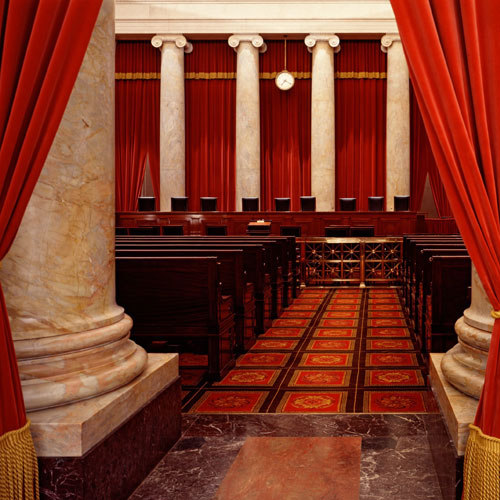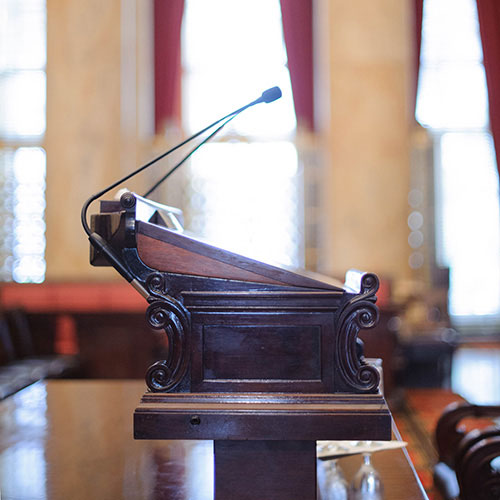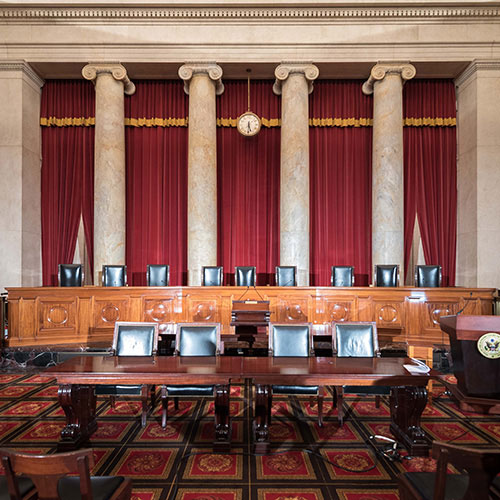View Event Online:
Original Event Info:
Professor John Mikhail Speaking on James Wilson and "We The People"
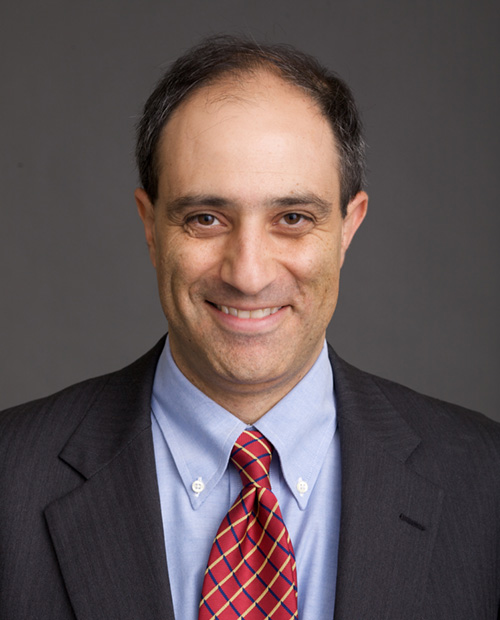
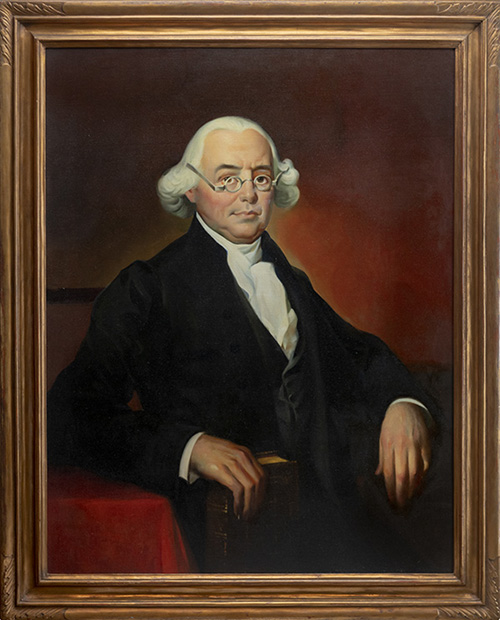
The Supreme Court Historical Society is delighted to share that we will once again be hosting a lecture to commemorate Law Day in 2023. Professor John Mikhail is speaking on James Wilson and “We The People” on May 2, 2023 at noon (Eastern) via Zoom.
The Society began commemorating Law Day with lectures in 2021. Professor Joel Richard Paul joined us in 2021 for a conversation and lecture on his book, Without Precedence, on Chief Justice John Marshall. In 2022, Professor Jonathan Lurie spoke on the Centennial of the Judicial Conference and Chief Justice William Howard Taft. Both lectures, along with the other lectures in the Society’s virtual catalog, are available on the Society’s YouTube page
Law Day began with an idea from then-President of the American Bar Association, Charles Rhyne, that there needed to be a celebration of the rule of law in American life. President Dwight D. Eisenhower embraced the idea and designated May 1, 1958, as the first Law Day. Congress codified Law Day in 1961.
Included in the text of the statute: Law Day, U.S.A., is a special day of celebration by the people of the United States— (1) in appreciation of their liberties and the reaffirmation of their loyalty to the United States and of their rededication to the ideals of equality and justice under law in their relations with each other and with other countries; and (2) for the cultivation of the respect for law that is so vital to the democratic way of life.
John Mikhail is the Carroll Professor of Jurisprudence at Georgetown University Law Center, where he has taught since 2004. He teaches and writes on a variety of topics, including constitutional law, moral psychology, moral and legal theory, cognitive science, legal history, criminal law, torts, international law, and human rights.
Professor Mikhail is the author of Elements of Moral Cognition: Rawls’ Linguistic Analogy and the Cognitive Science of Moral and Legal Judgment and over fifty articles, chapters, essays, and reviews in peer-edited journals, law reviews, and anthologies, including Ethics, Trends in Cognitive Sciences, The Psychology of Learning and Motivation, The Philosophical Review, Law and History Review, Constitutional Commentary, Stanford Law Review, Virginia Law Review, Georgetown Law Journal, Harvard Journal of Law & Public Policy, The Oxford Handbook of Moral Psychology, and The Cambridge Companion to Chomsky.
Professor Mikhail’s scholarship is widely cited and has been discussed in Science, Nature, The Washington Post, The New York Times Magazine, The National Law Journal, Boston Review, The Nation, Der Spiegel, and other popular magazines and newspapers. His recent scholarship has focused mainly on American constitutional history, including the original understanding of the Preamble, the Tenth Amendment, and the Emoluments, Ex Post Facto, and Necessary and Proper Clauses. More recently, his research has helped to raise awareness about Georgetown’s ties to slavery.
Professor Mikhail received his B.A. from Amherst College, a Ph.D. in Philosophy from Cornell University, and his J.D. from Stanford Law School, where he was Senior Article Editor of the Stanford Law Review and Senior Submissions Editor of the Stanford Journal of International Law. Before coming to Georgetown, he was a Lecturer and Research Affiliate in the MIT Department of Brain and Cognitive Sciences, an associate at Simpson, Thacher & Bartlett, and a judicial clerk to Judge Rosemary Barkett on the U.S. Court of Appeals for the Eleventh Circuit. Professor Mikhail served as Associate Dean for Research and Academic Programs from 2017 to 2020 and Associate Dean for International and Transnational Programs from 2011 to 2013. He holds secondary appointments in Georgetown’s Philosophy Department and Interdisciplinary Program in Cognitive Science.
